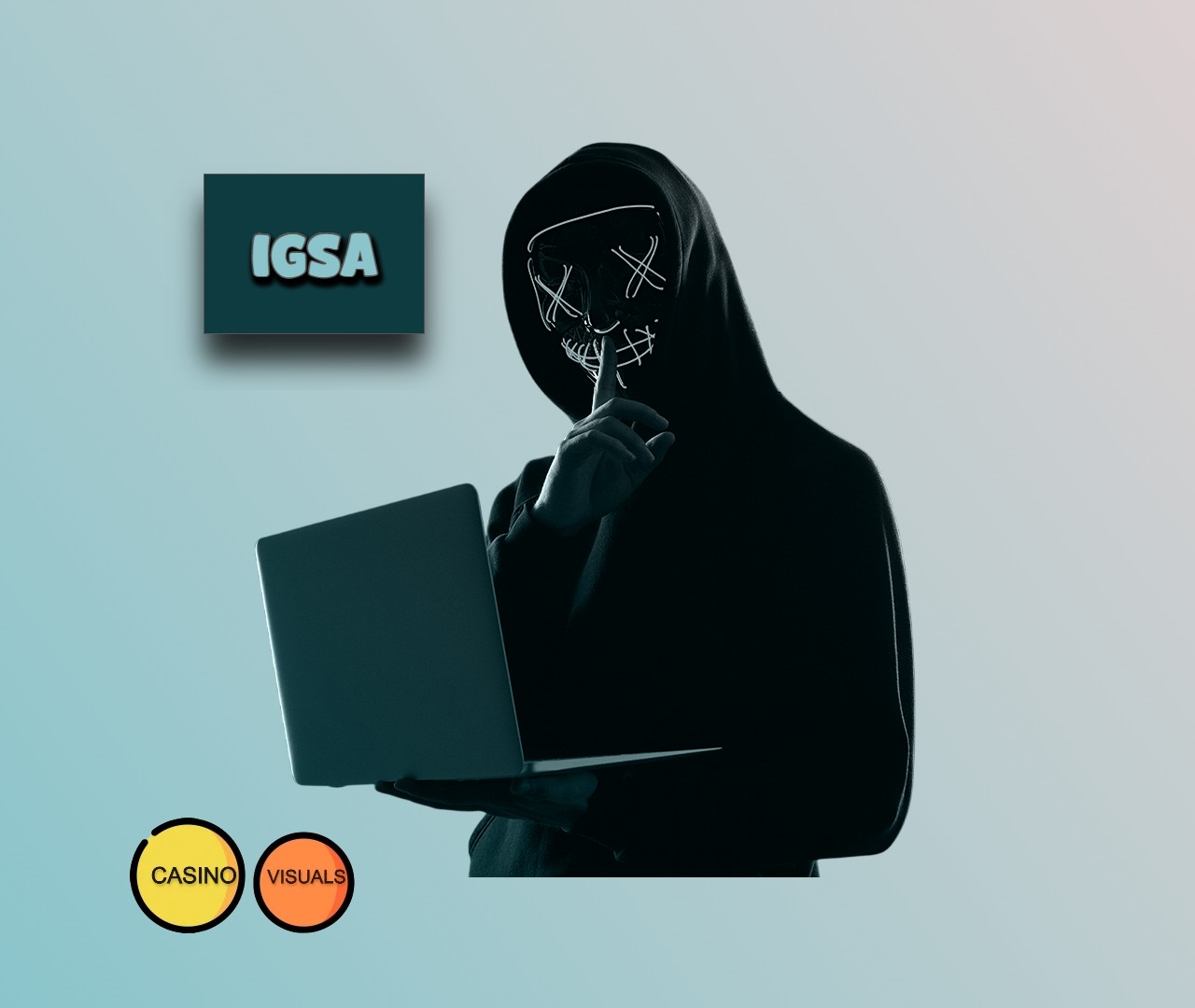
Think of it as trying to get everyone to agree on one pizza topping (spoiler: it’s not pineapple). Uniform standards would simplify operations, reduce costs, and make it easier for regulators to focus on unique local needs.
Fragmentation forces companies to juggle multiple rulebooks, which is about as fun as doing taxes while riding a unicycle.
Standardizing regulations could lower barriers for operators, improve compliance, and create a level playing field. It also helps regulators keep up with fast-evolving tech like online betting platforms, which pop up faster than memes on a viral X post.
In Europe, operators like IGT and Novomatic deal with a dizzying array of regulations; Germany’s strict player verification rules clash with the UK’s looser frameworks, and don’t even get me started on Malta’s licensing quirks.
IGSA’s push for standardization could harmonize these, much like the EU’s GDPR did for data privacy (minus the cookie pop-up annoyance).
Trying to navigate global gambling laws is like playing a slot machine blindfolded; one wrong pull, and you’re out of credits with a regulator knocking at your door. IGSA’s basically saying, “Let’s all play the same game, folks.”
Enhancing Cybersecurity Measures
Cybersecurity in gambling is like guarding a gold mine with a slingshot; high stakes, big risks, and not enough firepower.
IGSA is advocating for tougher audits, mandatory checks, and frameworks to protect platforms from data breaches, DDoS attacks, and fraud. They want the industry to stop treating cybersecurity like an optional side quest.
Online gambling platforms store sensitive data; credit card numbers, addresses, and enough personal info to make a hacker’s day.
Weak cybersecurity invites trouble, erodes trust, and can cost millions. IGSA’s focus includes regular audits and adopting frameworks like zero-trust architecture, which assumes everyone’s a potential bad guy until proven otherwise (paranoid, but effective).
In September 2023, MGM Resorts got hit by a cyberattack that forced system shutdowns across its casinos. Slot machines went dark, and guests were left wondering if their data was on a hacker’s flash drive. IGSA’s response? Push for mandatory, rigorous cybersecurity audits that’d make even the sneakiest cybercriminal sweat.
Hackers love gambling sites like kids love candy stores; too many goodies, not enough locks. IGSA’s trying to turn these platforms into Fort Knox, minus the laser grids (but I wouldn’t rule those out).
Promoting Industry-Wide Collaboration
IGSA believes the gambling industry needs to stop acting like lone wolves and start sharing intel like a superhero team-up. They’re fostering partnerships between operators, suppliers, regulators, and even groups like the International Association of Gaming Regulators to tackle issues like cyber threats and regulatory chaos.
No one wins when everyone’s keeping secrets; especially not when hackers are trading stolen credentials like Pokémon cards. Collaboration means sharing threat intelligence, best practices, and lessons learned from breaches.
It also helps align standards globally, so a casino in Vegas isn’t blindsided by rules from Macau.
IGSA’s Cyber Resiliency Committee, formed in 2023, includes heavyweights like Aristocrat Technologies and Light & Wonder. They’re working on cyber standards that everyone can adopt, inspired by incidents like the Caesars Entertainment hack in 2023, which showed how one weak link can ripple across the industry.
The gambling industry used to hoard info like dragons guarding gold; now IGSA’s like, “C’mon, let’s have a potluck and share the cybersecurity recipes!” Spoiler: nobody’s bringing fruitcake.
Addressing Ethical AI in Gambling
AI’s the shiny new toy in gambling; used for everything from spotting fraud to personalizing ads. But left unchecked, it’s like giving a toddler a flamethrower: powerful, but risky. IGSA’s forming an Ethical AI Standards Committee to set boundaries on how AI’s used, ensuring it doesn’t manipulate players or skirt regulations.
AI can crunch data faster than a cheetah chasing lunch, but it can also exploit vulnerabilities or bias outcomes if not regulated. IGSA wants clear rules on what data AI can touch and how it’s deployed, so players aren’t nudged into bad bets by algorithms smarter than their bookie.
Some online casinos use AI to tailor bonuses, but without oversight, it’s a slippery slope to predatory practices. IGSA’s committee aims to mirror efforts like the EU’s AI Act, which sets guardrails for high-risk AI. No specific gambling AI scandals have hit the headlines yet, but the potential’s there; like a jackpot nobody wants to win.
AI in gambling’s like a genie in a lamp; awesome until it grants the wrong wish. IGSA’s making sure the industry doesn’t accidentally wish for “infinite lawsuits” instead of “better security.”
Strengthening Supply Chain Security
The gambling industry’s supply chain; think software providers, payment processors, and hardware makers; is a hacker’s buffet. IGSA’s pushing for tighter controls to secure every link, from slot machine chips to cloud servers, ensuring no weak spot invites trouble.
A single vulnerable supplier can bring down an entire operation, like a house of cards in a windstorm. Robust supply chain security means vetting vendors, encrypting data flows, and ensuring every cog in the machine is hack-proof (or at least hack-resistant).
In 2024, a cyberattack on International Game Technology (IGT) disrupted its systems, highlighting how suppliers can be soft targets. IGSA’s response is to advocate for end-to-end security checks, much like how banks scrutinize their fintech partners after breaches like the 2019 Capital One hack (different industry, same lesson).
The supply chain’s like a conga line; if one person trips, everyone’s on the floor. IGSA’s handing out better shoes to keep the gambling industry dancing securely.
IGSA’s tackling a wild west of regulations and cyber threats with a plan that’s part sheriff, part tech wizard
By standardizing rules, beefing up cybersecurity, fostering collaboration, guiding AI ethics, and locking down the supply chain, they’re aiming to make gambling safer and saner.
Real-world wake-up calls like MGM’s hack and IGT’s breach show why this matters; nobody wants their jackpot dreams derailed by a ransomware note.
And with a chuckle or two, we can all agree: fixing this mess is a gamble worth taking.